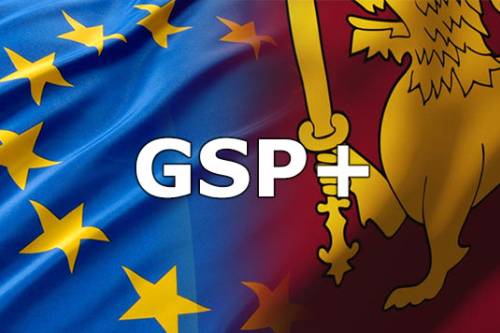Softlogic Stockbrokers claims that losing GSP+ from European Union “will not create a major vacuum” but perhaps only lose a strong trade surplus.
“Whilst the GSP+ helps significantly boost the country’s export performance, the losing of it would not create a major vacuum on a broader level besides the loss of a strong potential trade surplus with the EU,” the stock broking firm said in a report titled ‘The GSP+ Impact: Mountain or mole-hill’.
On a micro level, Softlogic Stockbrokers said, individual businesses engaged in the export of apparel, agriculture, fisheries and other industrial products would face a potential margin contraction due to the loss of concessions and lower industry growth.
It said the currency impact will be a potential $ 700 million per annum reversal.
“With the inclusion of Sri Lanka under the GSP+ scheme, the average trade surplus shot up by 117% during 2018-2020. The average trade surplus since losing the GSP+ status in 2010 rose from $ 581 million to $ 1,259 million (EUR 485 million to EUR 1,049 million),” Softlogic said. “Export growth remained flat from 2012-2016, whilst growing at a three-year CAGR of 9% from 2017-2019, before witnessing an inevitable decline due to the COVID-19 pandemic,” it added.
Softlogic also said the loss of a unique tax arbitrage via the GSP+ would inevitably hurt local exporters who would now be faced with a high tax regime with its peer countries who continue to enjoy the benefit.
“This would make their products more expensive to the European consumer, resulting in a demand slump or a margin contraction by way of a haircut on the pricing structure,” it said.
“However, there are no major players in the CSE who would be impacted by this, with the exception of fabric manufacturers who may potentially face price negotiations from top apparel players,” the broking firms said.
The GSP+ is a special component of the GSP scheme that provides additional trade incentives to developing countries already benefitting from GSP, who are identified as vulnerable based on World Bank criterion. The scheme provides countries with duty-free access to EU markets for over 7,200 products. In return, the recipients must implement international conventions in the fields of human rights, labour rights, the environment and good governance.
(FT)

